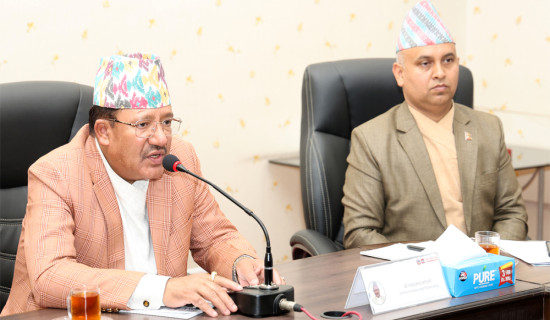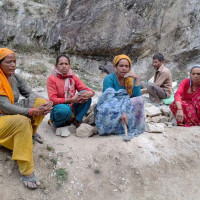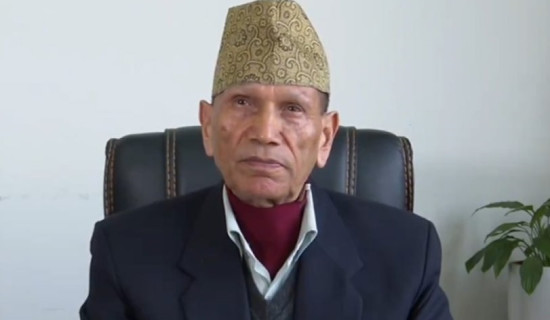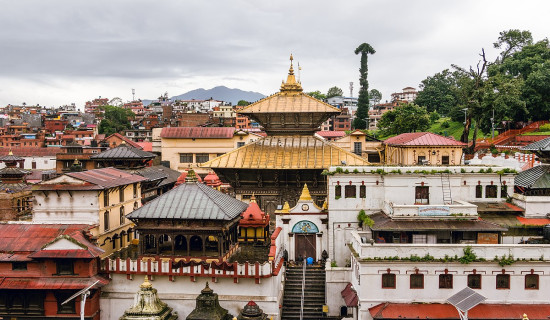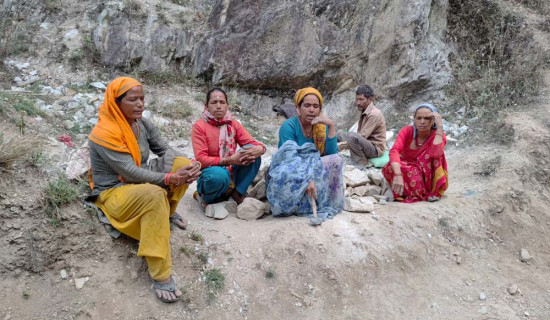- Monday, 16 February 2026
'Wetlands conservation must for biodiversity'
Dodhara Chandani, Feb 3: Wetlands which are vital for humans, agriculture and biodiversity, have been receding due to lack of adequate conservation efforts of late.
Reasoning that wetlands are not only the significant habitats of a variety of animals and birds but also the lifeline to biodiversity, conservationists have sought roles from concerned stakeholders to this end.
Chief Conservation Officer at Shuklaphanta National Park, Pramod Bhattarai, stressed that marshlands have a significant contribution to the availability of water for wildlife, birds and humans, underscoring the need for protection. "Wetland is connected to the existence of human life. It is a mandatory element in wildlife's habitat as well. Even the economic, social and cultural aspects of human life are determined by wetland", he reminded.
Bhattarai mentioned that some of the communities and wildlife are dependent on swamp areas. Five per cent territory of the country is covered by swamp areas, according to him.
Similarly, the Chief of the National Trust for Nature Conservation, Shuklaphanta, Laxmi Joshi, said, "There is the cultural importance of ponds and wetlands. It is connected to human traditions", she explained, sharing it has become a big challenge to protect marshlands.
A forestry student Ritu Joshi stressed, "Marshlands are important to maintain bio-diversity and ecological balance. So it should be protected. Local governments' efforts count much for wetlands conservation."
Wetlands of Kanchanpur are fading gradually due to human encroachment, warranting special attention and engagement from multiple sectors to curb decline, it was shared. (RSS)



